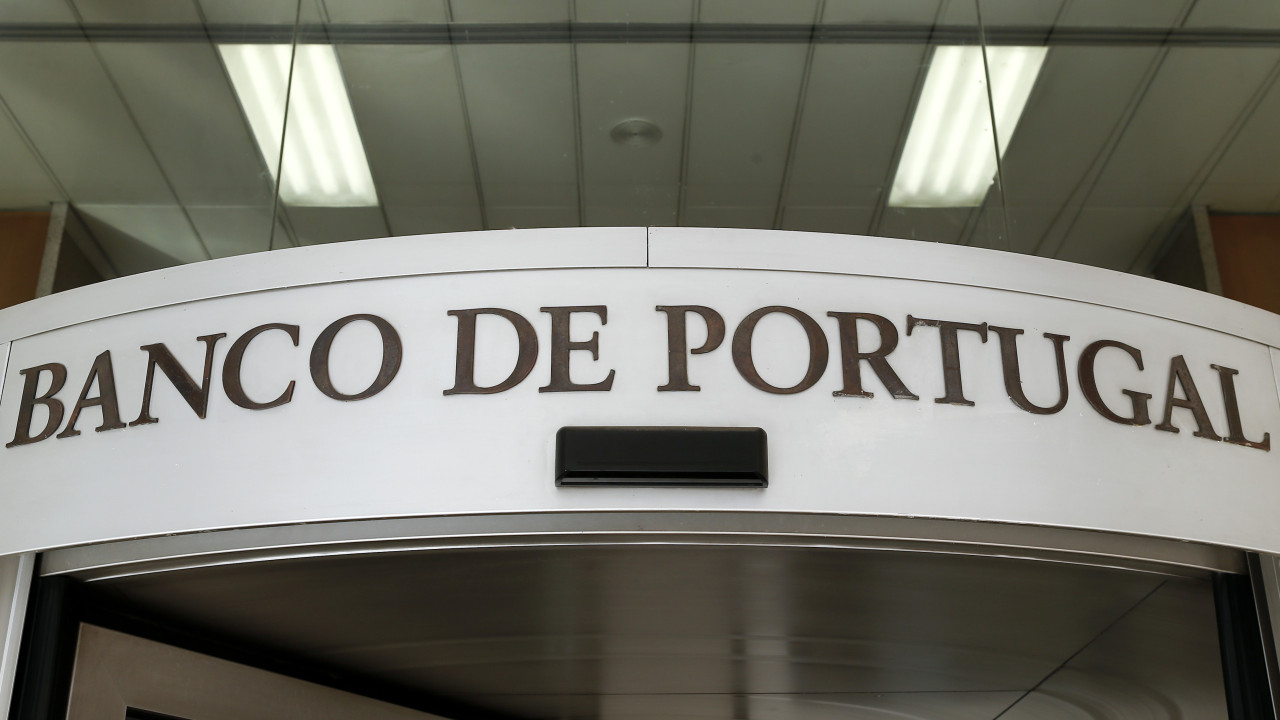“In Portugal, the value of remittances received is higher than the value of remittances paid,” which means that “the balance of remittances from Portugal is historically positive,” continues the information made available by the Central Bank of Portugal on its website.
In 2020, Portugal was the EU country with the highest value of incoming remittances (3.6 billion euros), and last year this amount was even higher, reaching its highest value in the past 20 years: 3,677.7 million euros.
In terms of the countries that contributed the most to this historical result, Switzerland and France stand out, as usual, with more than two billion euros in remittances sent to Portugal.
Portuguese immigrants in Switzerland sent 1,051 million euros last year, while immigrants residing in France sent 1,023 million euros to Portugal, and the United Kingdom and Angola ranked third and fourth in the list of the largest contributors to remittances.
In his thesis for a master’s degree in International Economics and Management (University of Porto School of Economics), economist Marco Rodríguez de Sousa analyzed the “impact of migrant remittances in countries of origin”, i.e. the Portuguese case.
In this work, which was guided by Maria Conceição Pereira Ramos, the author found that the main motivation of participants to send remittances is investment or business ventures, and even personal consumption.
The second motive is to ensure a certain financial comfort for the family. None of the 85 respondents in the scope of this study – immigrants in many countries, such as France, Switzerland and the UK – assumed that they send remittances because they feel “bound” through emotional ties.
Regarding the application of remittances, most respondents answered that they invest in their leisure time (52.9%), followed by investment (mainly in construction and real estate) by 41.2%, and finally investing in savings (mainly via banking products) by 38.8%. In health and education, 8.2% of responses were recorded.
The author also found that “a significant portion of migrants currently either do not send (31.8%) or rarely (24.7%) remittances.
“In the future, the weight of migrant remittances in the Portuguese economy may be much lower compared to what it has been in recent decades,” says this academic work.
Read also: Centeno warns of challenges but avoids high unemployment

“Writer. Analyst. Avid travel maven. Devoted twitter guru. Unapologetic pop culture expert. General zombie enthusiast.”



